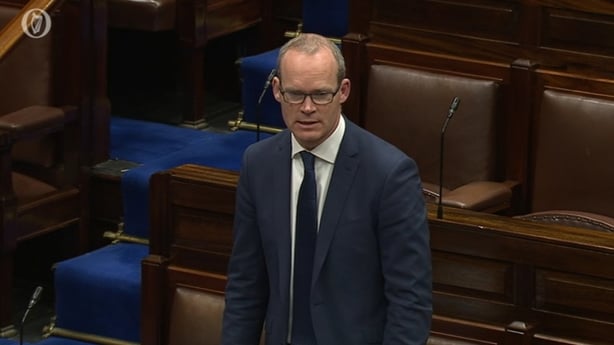The Green Party and the Social Democrats are proposing elected mayors for Cork, Limerick, Waterford and Dublin.
Introducing the bill in the Dáil, Green Party leader Eamon Ryan said it would not dismantle the current four council structure in Dublin.
He said the bill seeks to set up a 15-member regional authority for the capital “who would work with the elected mayor in terms of the overall management of the city."
The new role will be Mayor of Dublin and there will be no need to attach the title 'Lord' to it, Mr Ryan added.
"It is a mayor for all the people. And that is the title that whoever would win the office would have."
The Local Government (Mayor and Regional Authority of Dublin) Bill 2016 was presented during private member's business this afternoon.
Last night, the Dail debated a seperate Fianna Fáil bill to establish a directly elected mayor for Dublin.
Mr Ryan said the new office can be done without putting an additional burden on the taxpayer.
He outlined that a directly-elected mayor can have real responsibility in the areas of strategic transport planning, housing, waste management and the establishment of a regional development board.
In response, Minister for Housing, Planning and Local Government Simon Coveney said the Green Party proposal did not take into account existing reform and a lot of work was needed to be done on the bill before it could be considered a workable model.

"While last night we were discussing a process leading to a plebiscite and decision, the Green Party bill proposes establishment of the mayoral office now.
"I understand and appreciate the intention of the bill, which seeks to provide for improved coordination and leadership at local government level across the Dublin Region by legislating now for the formal establishment of a directly elected mayor with conferred functions across a range of policy areas," he said.
He said to proceed without consultation could give rise to risk of unintended consequences.
However, he said because of the consensus on the issue, he said he would put forward an amendment to the bill to give it a second reading.
Mr Coveney said this was a tangible issue that they could make significant progress on relatively quickly and other parties wanted to do the same.

